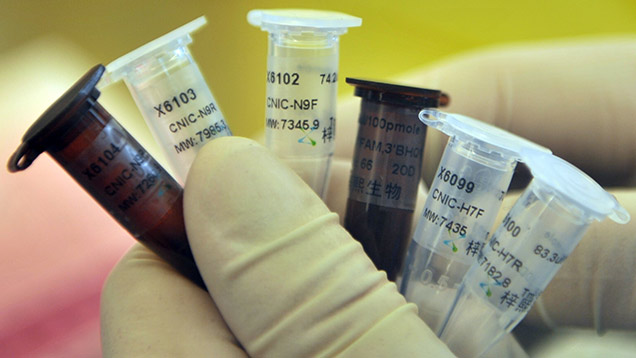US sees ‘new world order’ as bird flu goes global
 ©Zuma/Rex Shutterstock
©Zuma/Rex Shutterstock The global poultry industry is facing “a new world order” as avian influenza continues to spread within the US, and further afield.
In an interview with sister publication World Poultry, James Sumner, president of the USA Poultry & Egg Export Council, says that no country is immune from high pathogenic avian influenza (HPAI), with the virus now mixing in the wild bird population.
“It will eventually find its way into all migrating flyways and this is what we fear the most,” he said.
“Our global poultry industry has to learn how to coexist with avian flu continuously present in the environment.”
See also: Poor biosecurity in US ‘has helped spread bird flu’
The arrival of HPAI had taken the US poultry sector by surprise, he said.
“The country which has probably the best biosecurity in the world is now being ravaged by this virus.
“Our most effective measures seem to be insufficient to protect our industry. When it is in the migration fowl, there is little you can do to protect your flocks.”
Mr Sumner was very critical of countries such as China and South Korea, which have gone beyond OIE guidelines and imposed blanket bans on US egg and poultrymeat exports.
“Some of their reaction may be influenced less by legitimate biosecurity purposes than by trade-related purposes.
“None of the affected birds and eggs have made it into the human food chain, so there is no risk involved in the current situation.”
Mr Sumner said that an international conference being organised by the US Department of Agriculture would focus on issues of regionalisation and compartmentalisation, designed to protect trade flows during an outbreak.
“One of our big concerns is that some countries are taking extreme measures to restrict the flow of poultry products and genetic materials.
“The US is the home of about 95% of the world’s genetic stock. Restricting distribution would affect the availability of poultry species around the world.”
Stipulating that an entire country should be HPAI-free for six months, or not even have it in wild birds, before allowing any trade was not realistic or even achievable anymore.
Mr Sumner also questioned the future of free-range production.
“We will have to be a much more biosecure global industry. In many areas the free-range birds have been moved indoors.
“I realise this conflicts with the current trend of animal-friendly housing systems, but you can’t have it both ways.”

